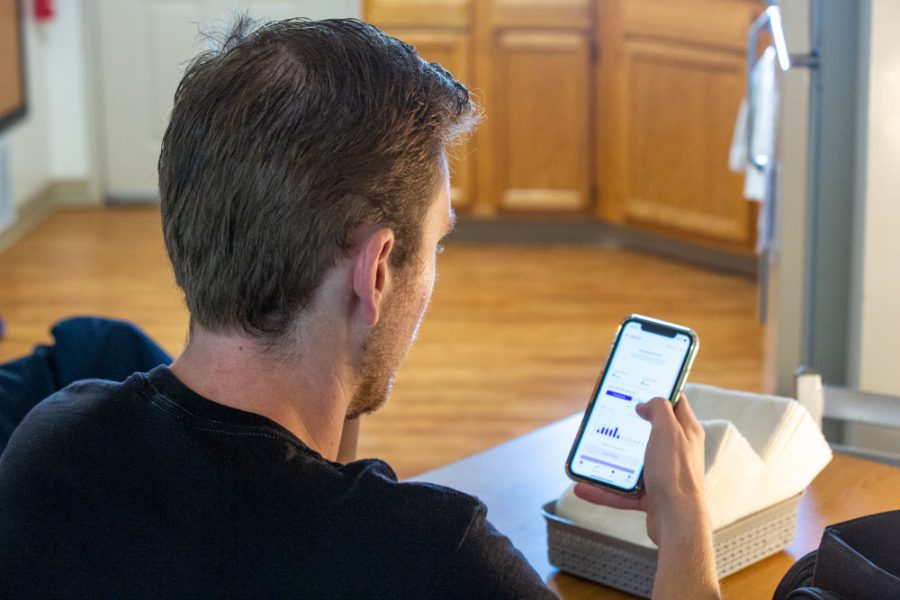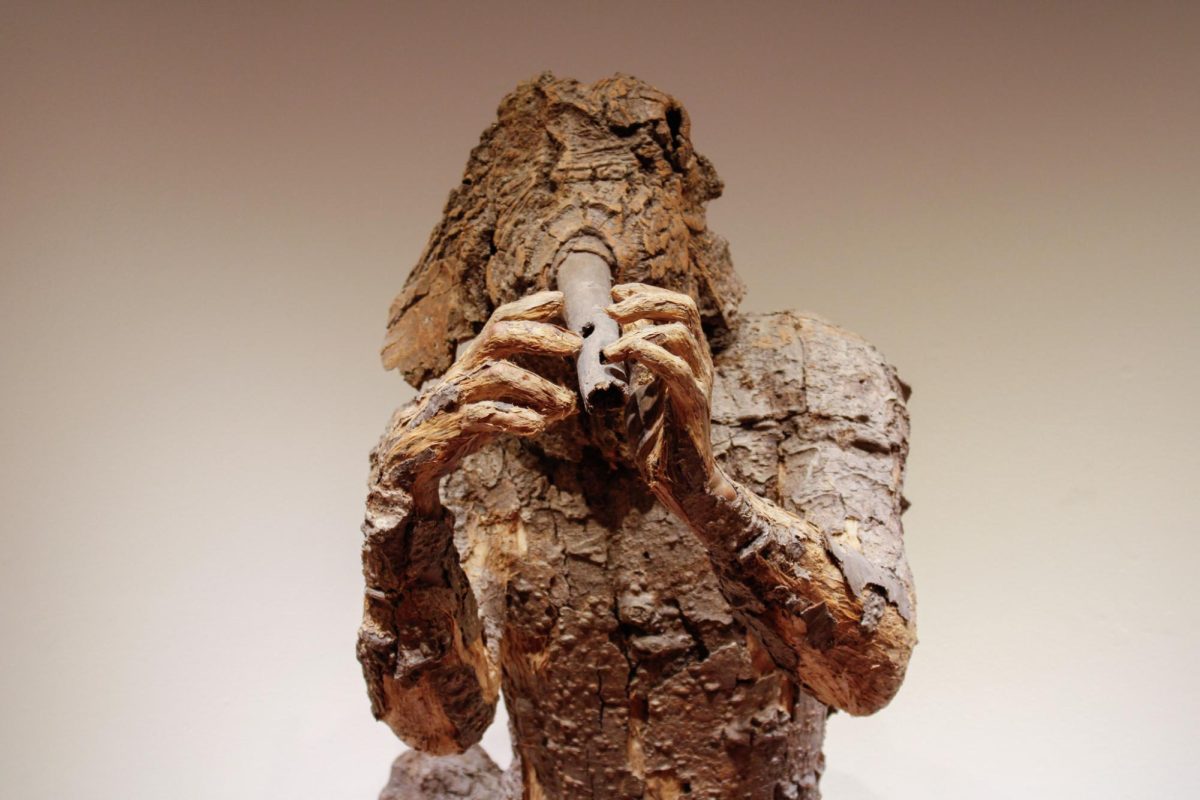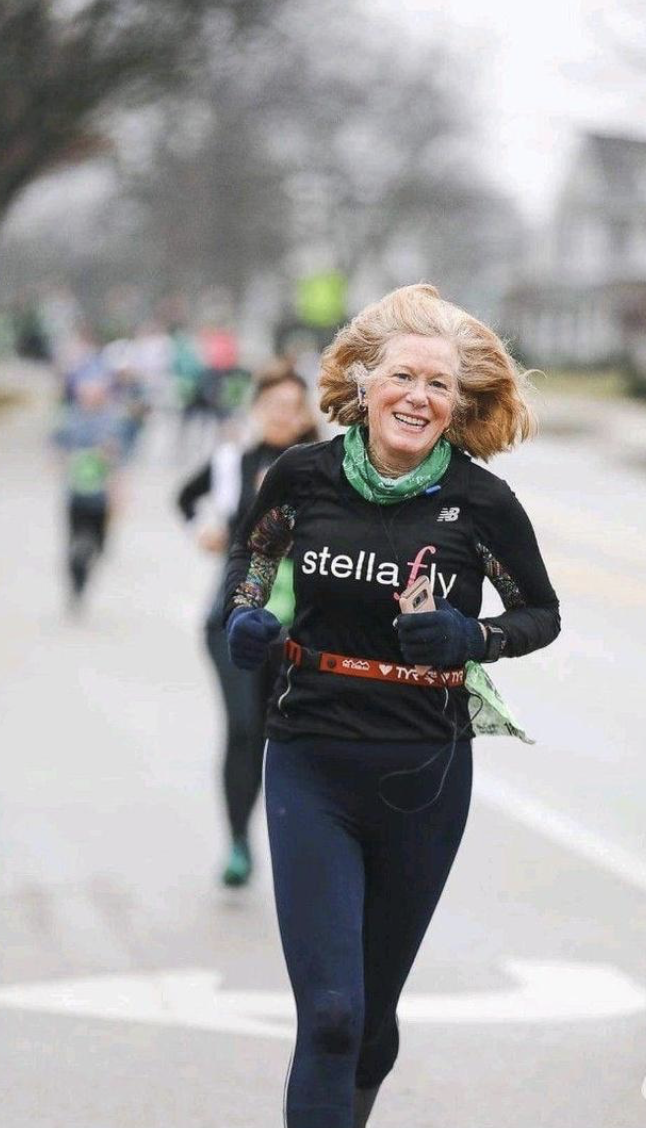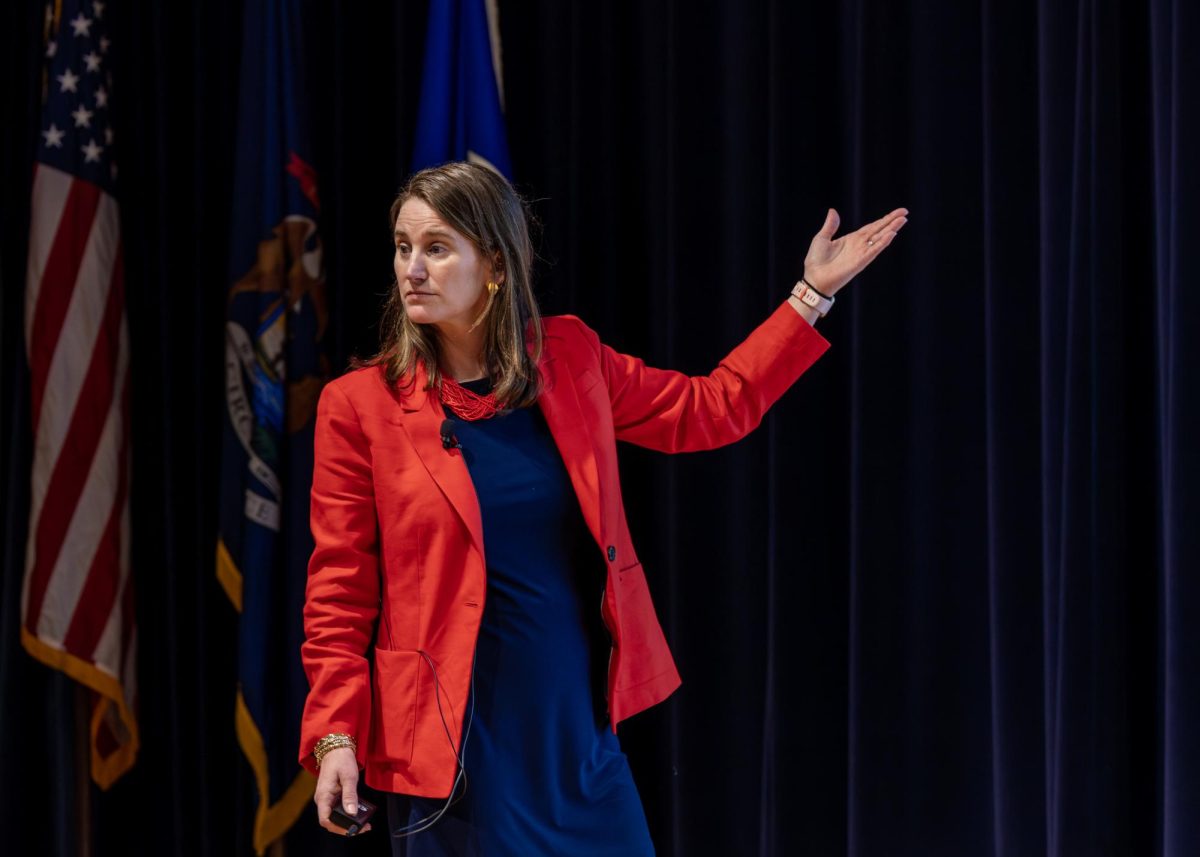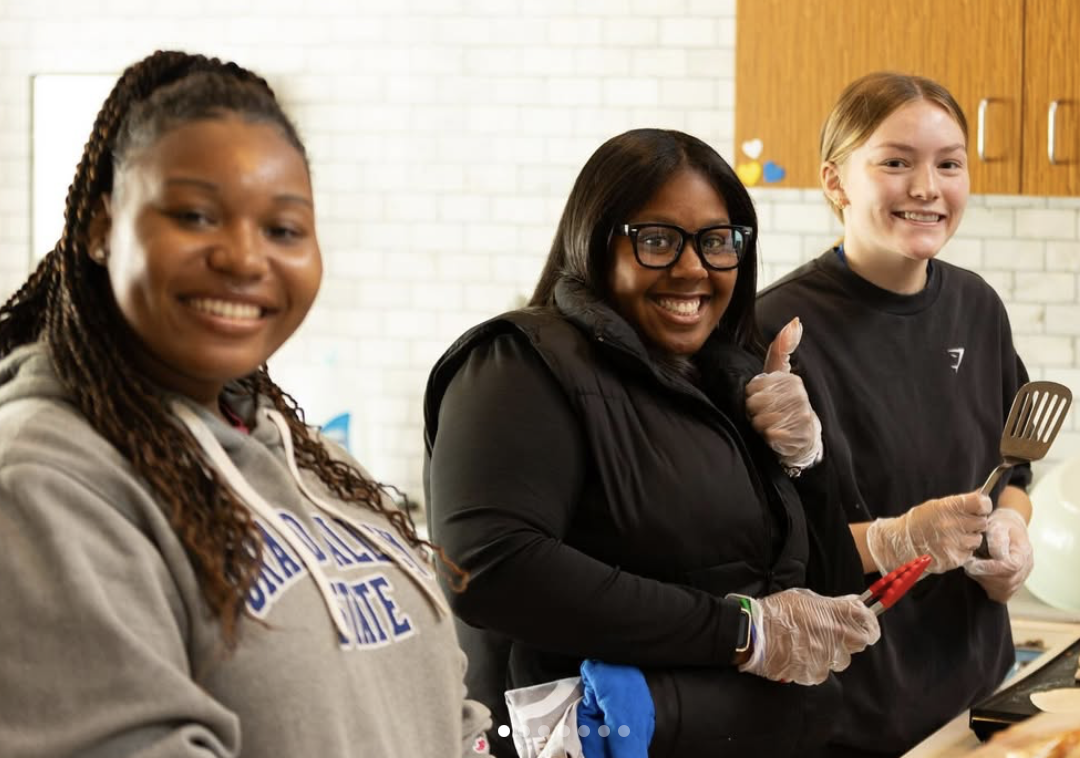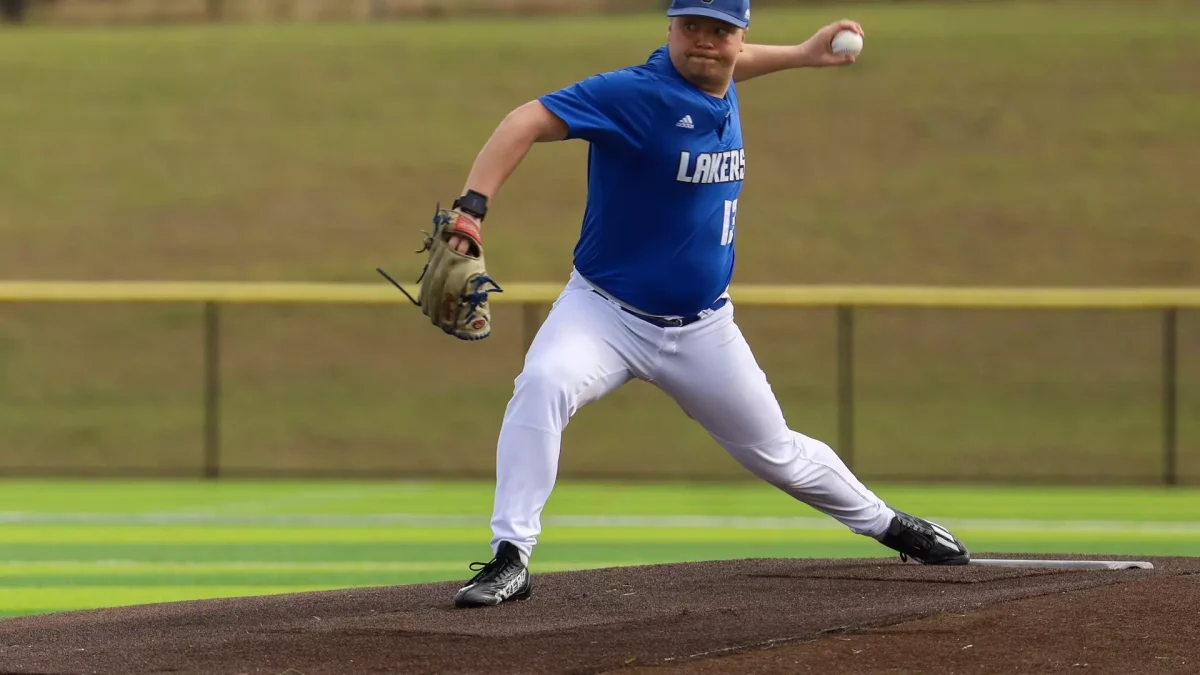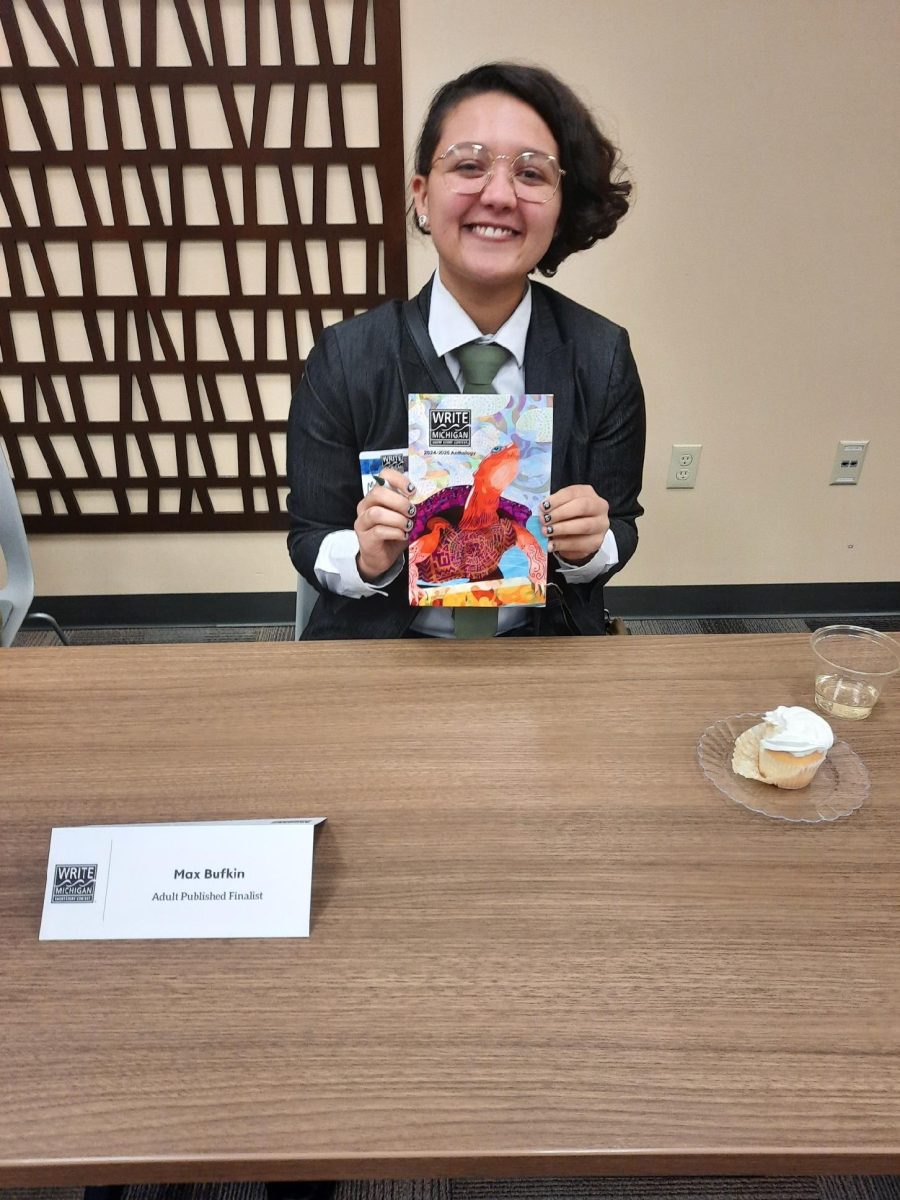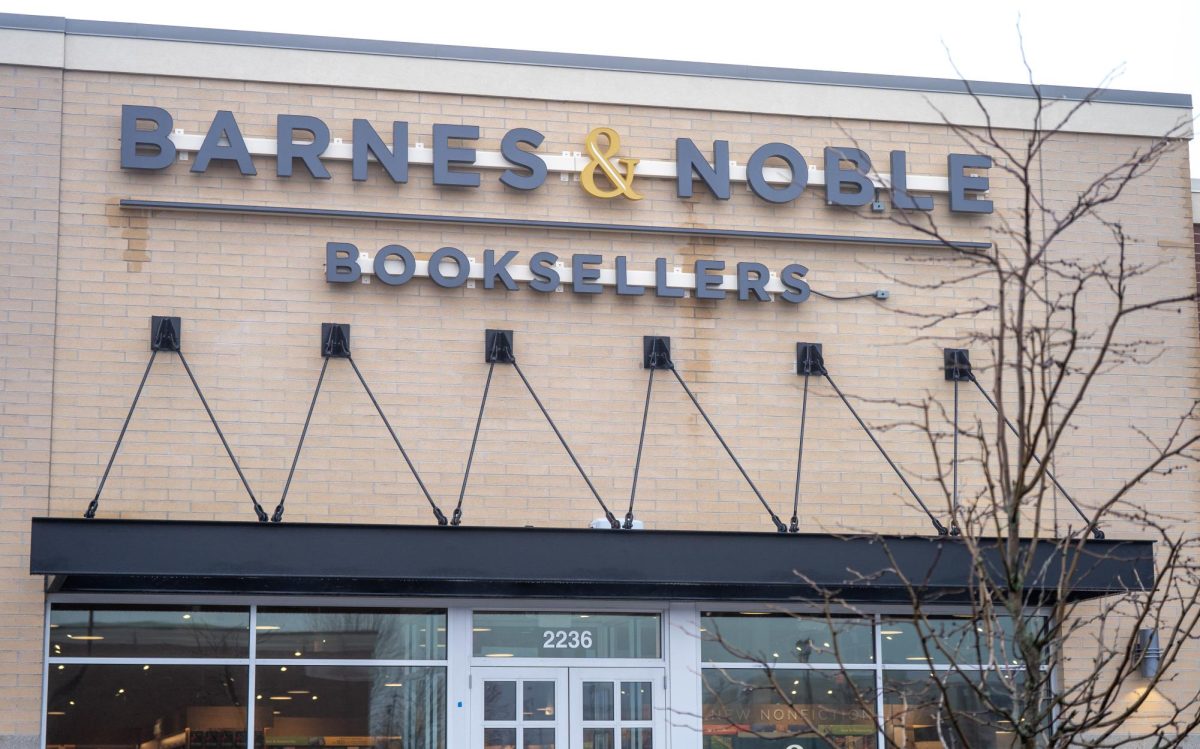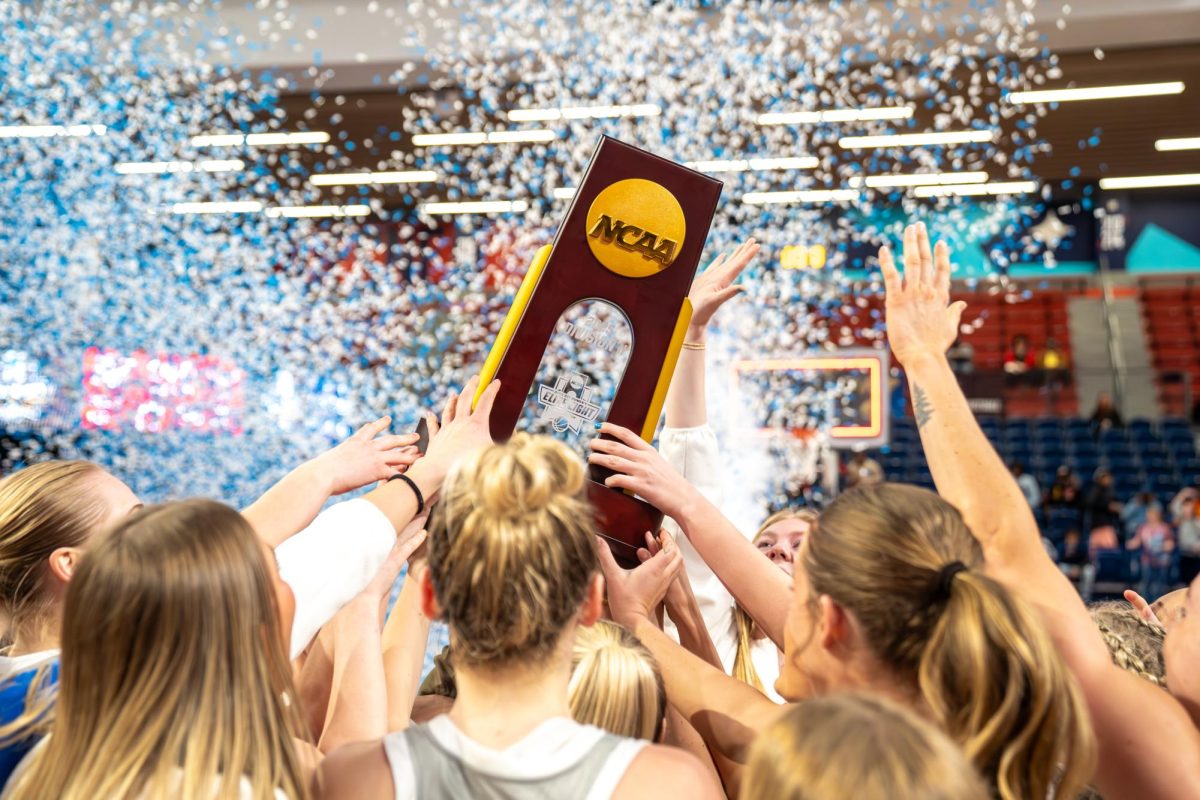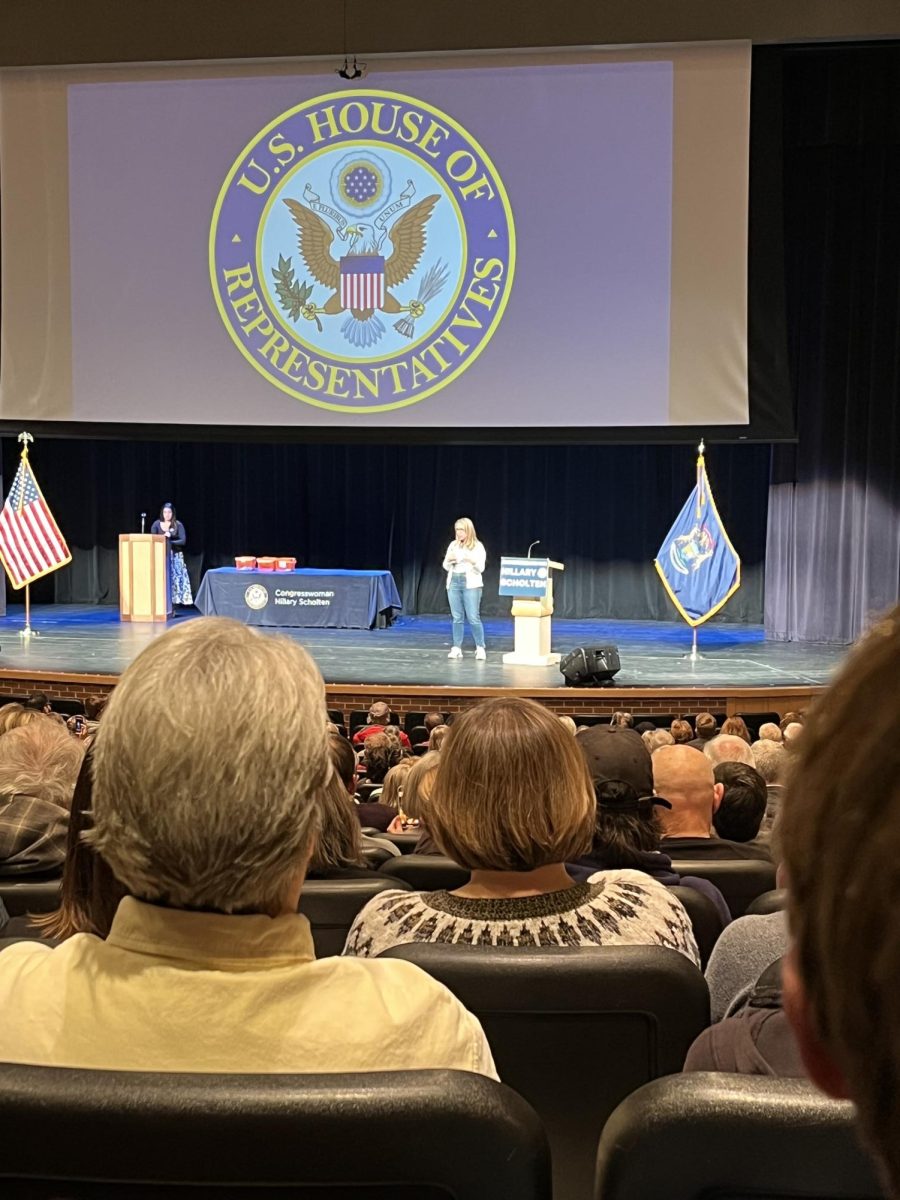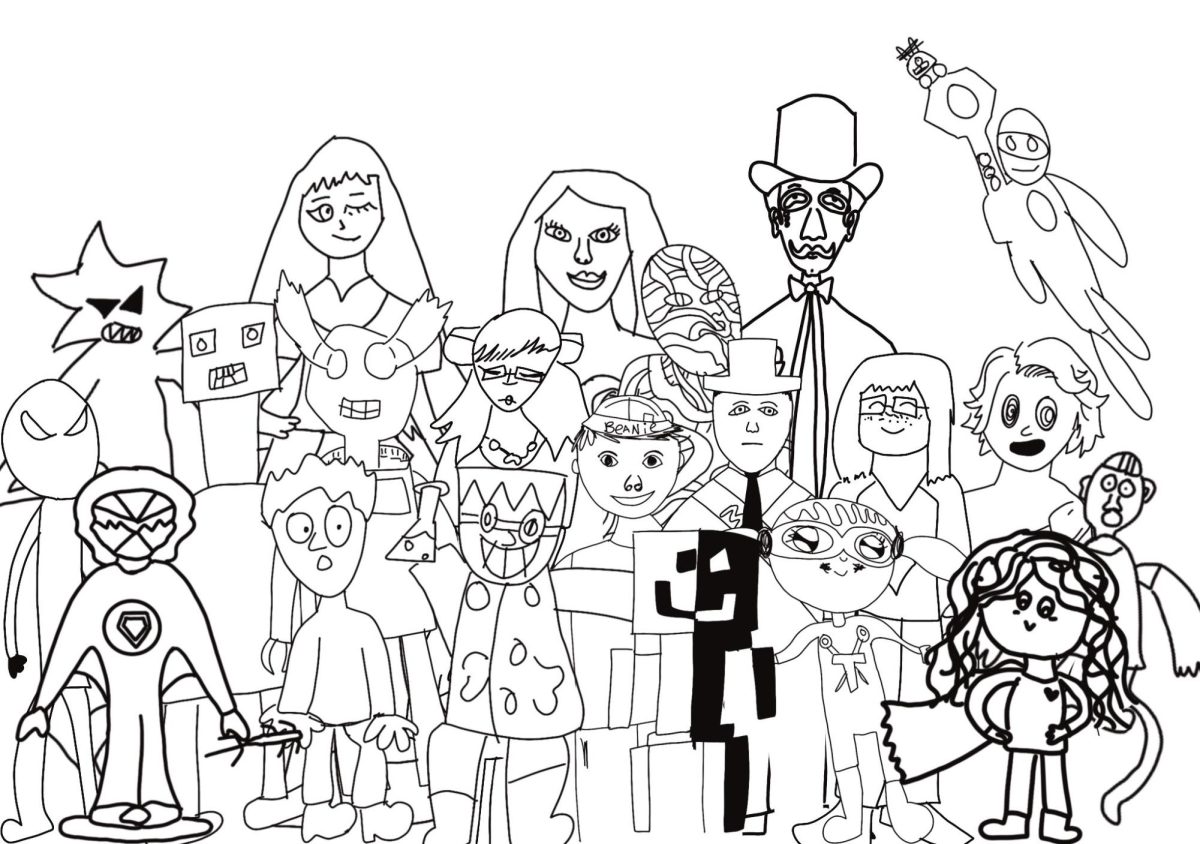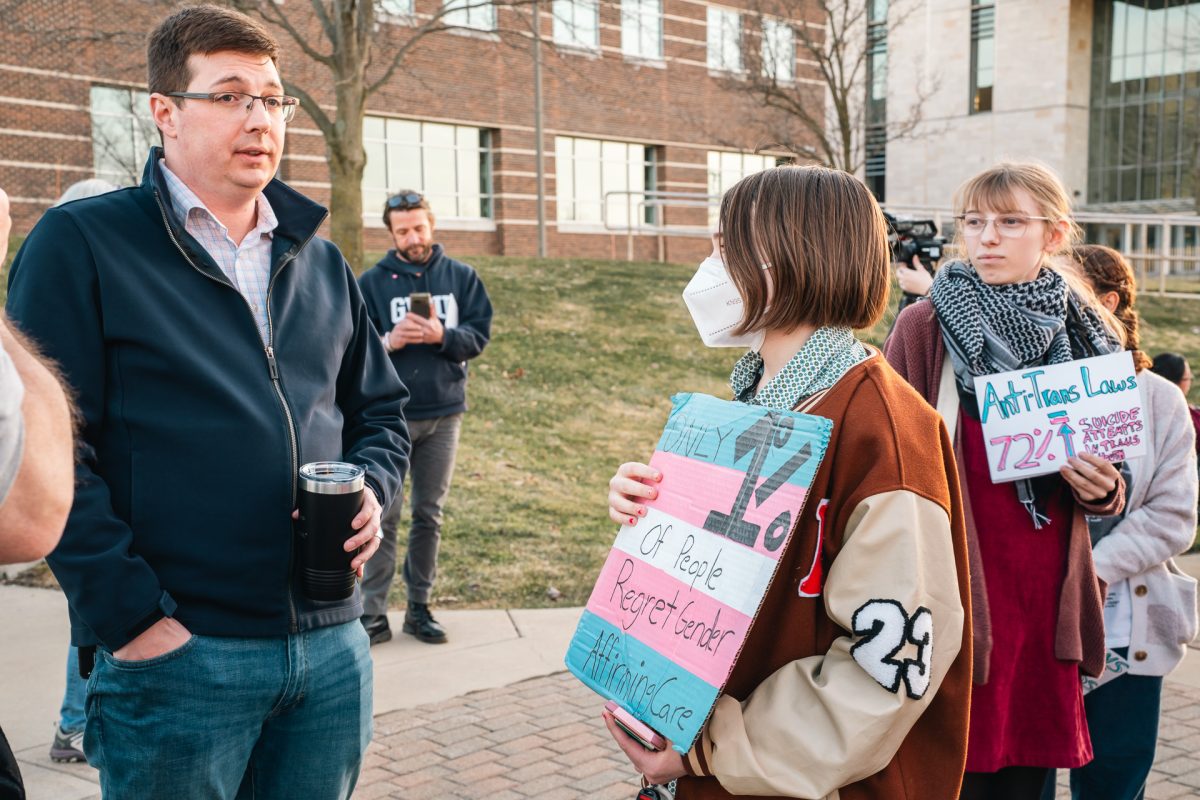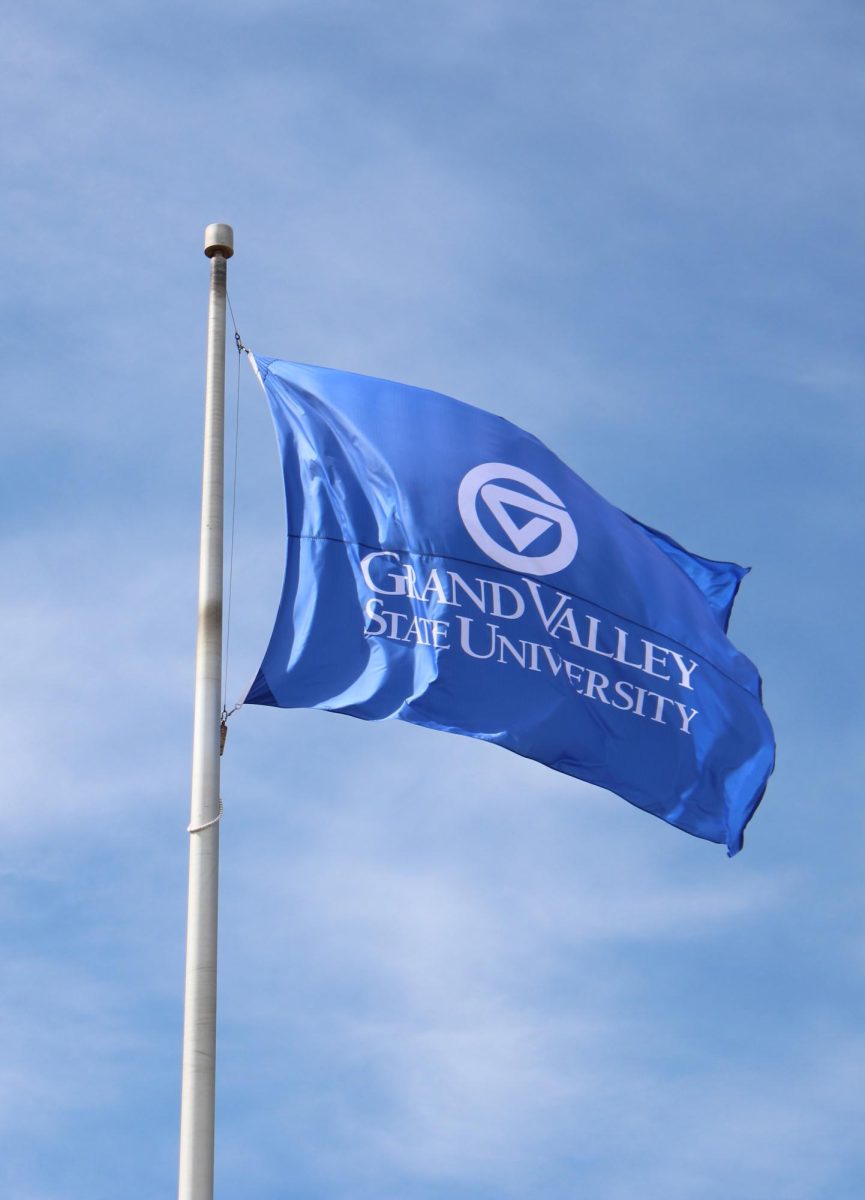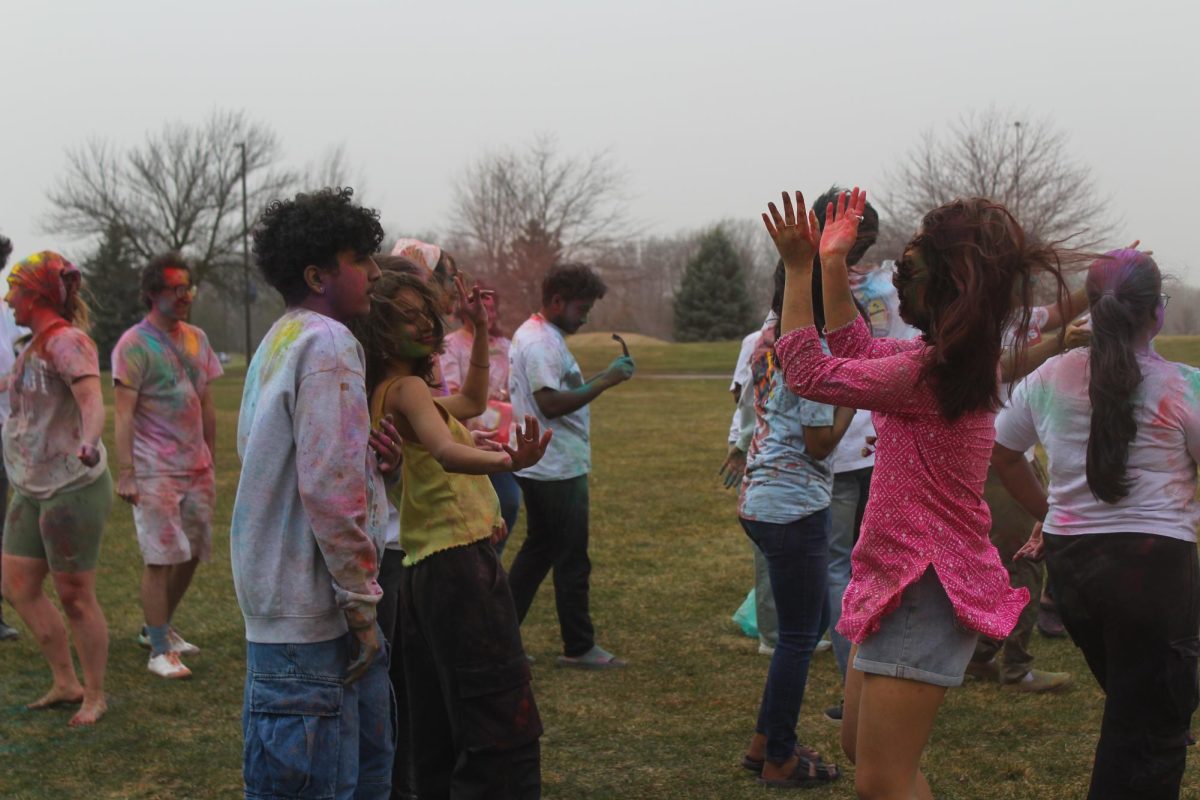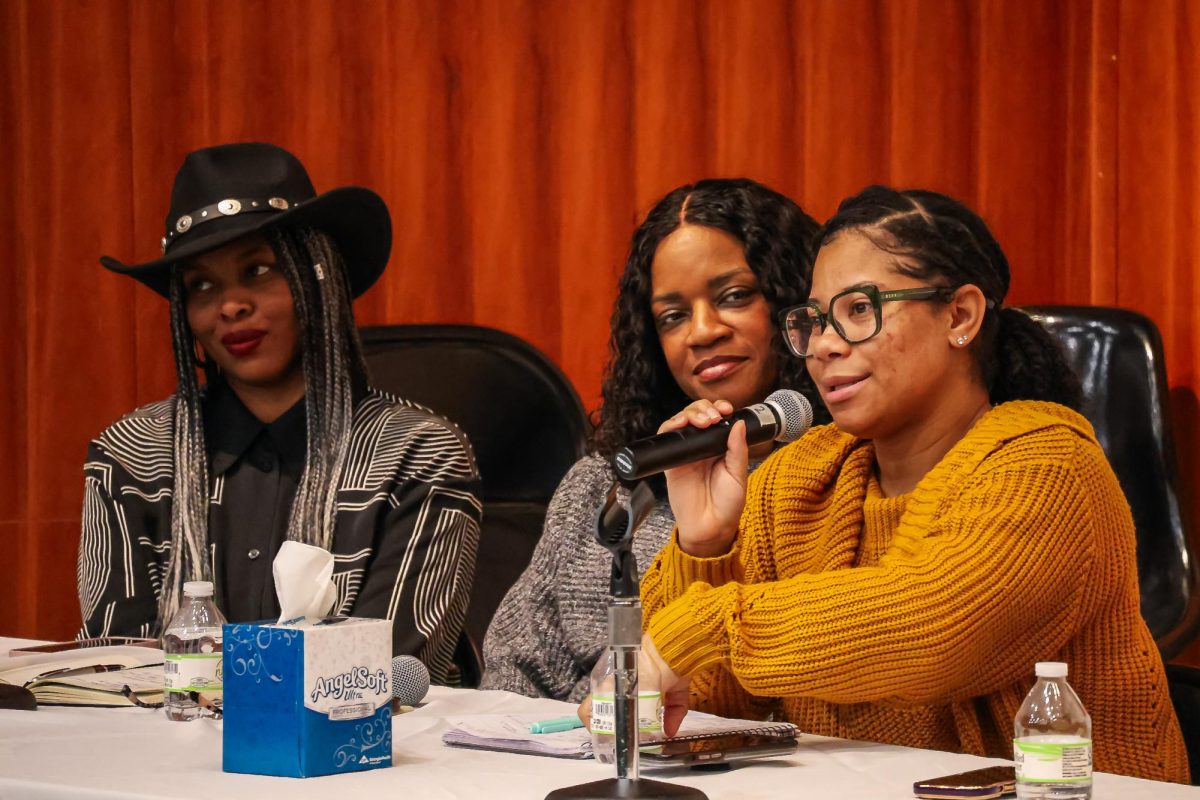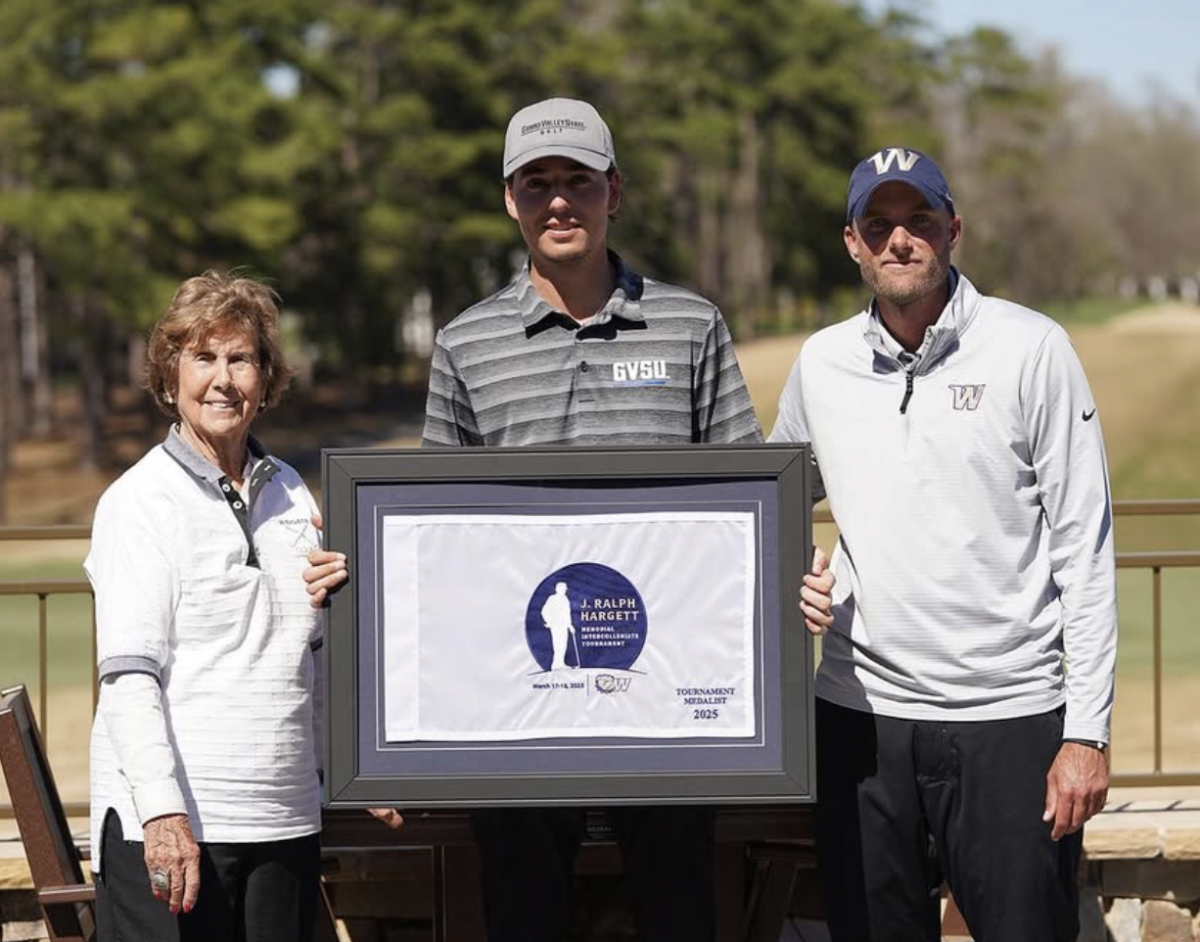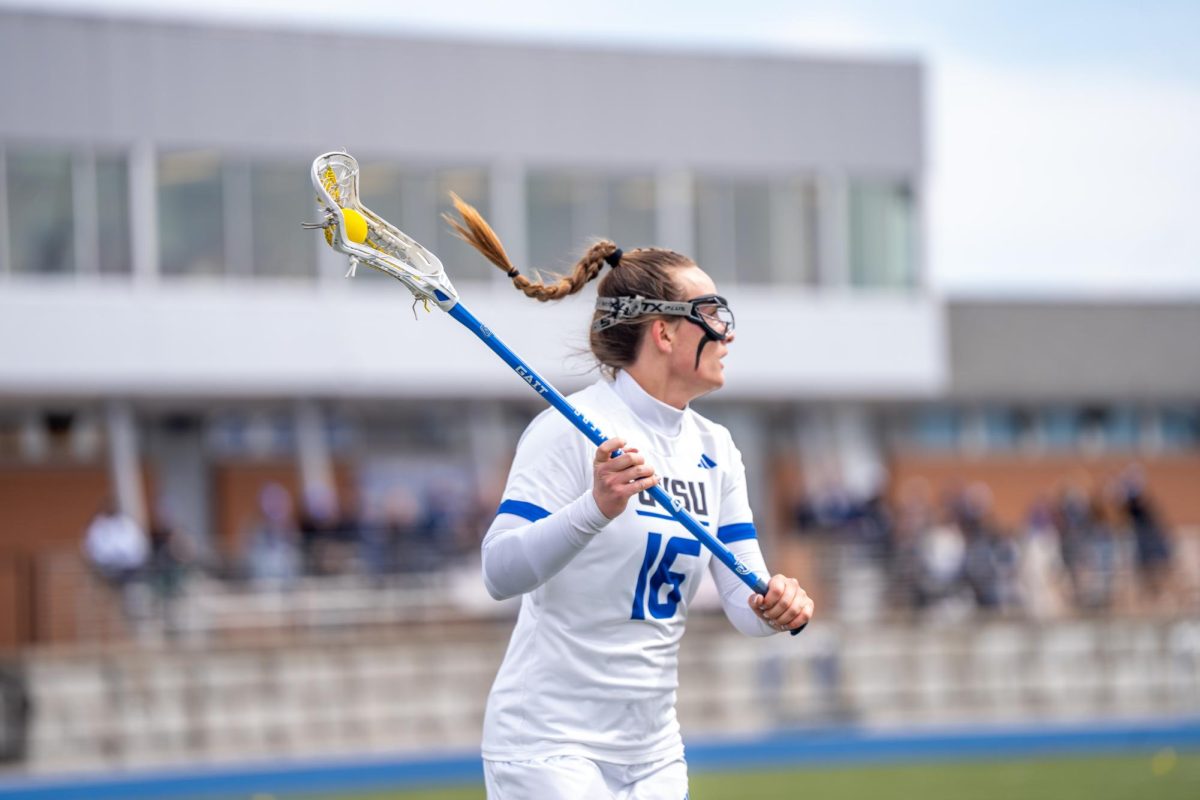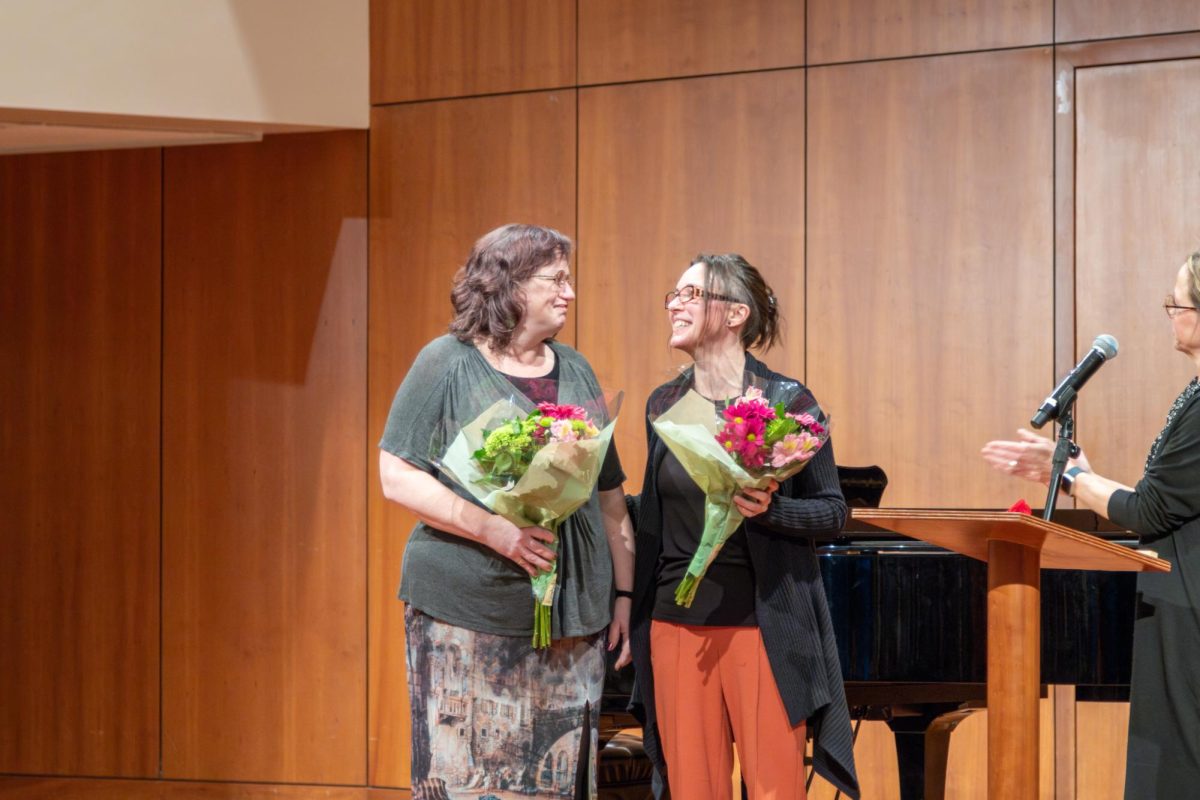Despite thousands of new daily COVID-19 cases, students struggle to trust contact tracing apps
Jan 25, 2021
As the state of Michigan continues to record thousands of new COVID-19 cases every day, contact tracing apps are helping users keep track of symptoms and potential public interactions with other users that record a positive COVID-19 test. While these apps are a great way to stay safe during the pandemic, many have issues regarding their widespread use and effectiveness.
Contact tracing apps have become popular in recent months as a relatively easy way to pinpoint and track COVID-19 cases as they spread. These apps mostly rely on Bluetooth or ultrasonic signals to communicate with other smartphones, while some use location data to accomplish the same purpose. The main issue with contact tracing apps, though, is that many don’t work collaboratively.
Contact tracing apps like MI COVID Alert and NOVID, which have been recommended to students by Grand Valley State University, use similar technology to communicate with smartphones but only work if other smartphones have the exact same contact tracing apps installed. A user with MI COVID Alert installed would have no idea if somebody around them using NOVID recorded a positive COVID-19 test and vice versa.
Kayla Lett, a third-year GVSU student, said “It seems like everyone needs to be using the same apps or they all lose their effectiveness.”
There are many contact tracing options on the App Store and Google Play Store and it can be difficult to know which app is going to give users the best shot of knowing if they’ve been exposed to COVID-19. Users could just download as many contact tracing apps as possible and hope that the people around them do the same, but that just begs the question of why there isn’t just one standard contact tracing app that everyone can use.
“I see some value in contact tracing apps, but they’re only as effective as the number of people that use them,” said third-year student Trevor Sweet. “I think others have privacy concerns which doesn’t help in trying to grow the user base.”
While MI COVID Alert and NOVID don’t use location data for contact tracing, privacy concerns surrounding real-time location tracking are commonly associated with contact tracing apps.
Fourth-year GVSU student Michaela Tuttle said, “I haven’t used contact tracing apps just because I don’t want my location being tracked.”
Michigan students saw one example of poorly-implemented location-based contact tracing measures at Albion College at the start of the 2020-2021 school year.
Back in August, Albion required students to use a contact tracing app called Aura to help prevent COVID-19 outbreaks on campus. That app used location data to track potential COVID-19 exposure and would not work at all if location data was turned off.
Students were also told not to leave campus without permission for the entire semester, and Aura alerted the school if a student’s location was determined to be off-campus. If this happened, students’ ID cards were locked and they lost access to on-campus buildings.
Aura also contained some major glitches. Students were repeatedly signed out of their accounts which disabled the app’s location data and rendered Aura useless, unbeknownst to anyone using the app. The more egregious issue was that data like students’ full names and COVID-19 test results could be seen by anyone clever enough to maneuver around the app’s code and QR code generator website.
These issues have since been fixed, but Aura’s reputation has been undoubtedly stained by its early developmental oversights. The same can be said for other contact tracing apps; the lack of cooperation between them is a problem that if rectified, could give users a much better chance of knowing whether or not they’ve been exposed to COVID-19.
In the midst of this pandemic, especially as in-person classes resume at GVSU and schools all across the country, students and others relying on contact tracing apps could use all the help they can get to stay safe.





